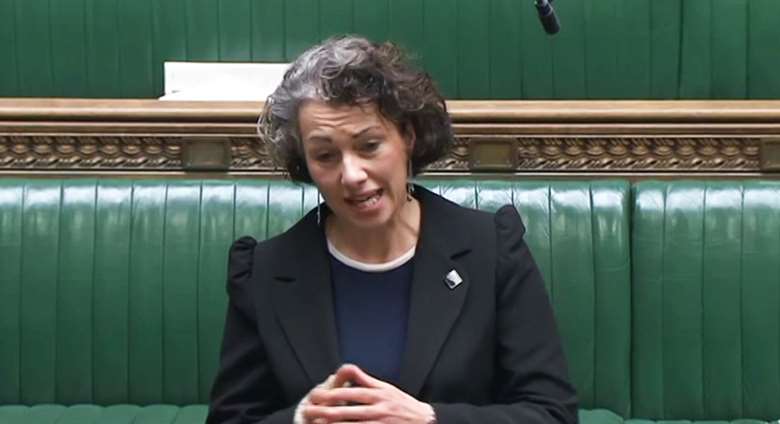Tackling online grooming
Sarah Champion
Monday, March 20, 2023
In a world where new technologies are relentlessly evolving, it can be hard to stay up to date.

Digital applications connect us with loved ones, guide us to the best local shops and parks, and allow us to track pretty much everything we do. However, the reach of this 21st century phenomenon also comes with some alarming consequences.
One of these is the terrifying issue of digital grooming. Traffickers across the UK are using digital platforms such as Snapchat, Instagram, and online gaming chatrooms to approach young children and lure them into dangerous county line gangs. This method protects their own visibility by exploiting young lives as a shield for their criminal activity. New data from the National Crime Agency has revealed that digital grooming has now become the most frequent coercive crime, with children forming most victims.
Those responsible for this digital epidemic are cunning and know how to evade authorities. Their ‘business model’ is flexible and the rapid changes observed in their attacks are what makes them so difficult to prevent. Recruitment takes many forms, some traffickers provide children with professional-seeming job adverts and pretend that they will be able to help their families, which is particularly tempting during this cost-of-living crisis. Others entice their victims into ‘debt-bondage’, a form of blackmail whereby a child is given a ‘gift’ (be it online game tokens, money, or sweets) and then after accepting, is pressured to give it back. When they fail to do so, they are groomed into these gangs to ‘pay back their debt’.
The ‘Hope Instead of Handcuffs’ report found that children need to be treated with respect and dignity. This assists them with strong self-esteem and the trust to discuss challenging information with a guardian and can help those at risk from falling into gang culture. If more children felt they could be open with adults, they would reach out for support in times like these before it’s too late.
Children across the UK are falling victim to this, with devastating cases of some as young as seven coerced into drug running. The common misconception that this crisis only affects inner-city children of lower socioeconomic households is an alarming myth that needs eradicating to ensure every parent, teacher and social worker is vigilant no matter the child’s circumstances.
So many risk factors make this crime frighteningly difficult to tackle. The naivety of children, the constant surge of new technologies and the fluidity of these traffickers' methods are just some of the reasons why the government is struggling to get a handle on this issue. Generation by generation, we are getting less familiar with the technology children are so deeply immersed in. Not only is it difficult to recognise the signs of digital grooming, but for some, it’s difficult to understand how it even happens.
A significant 39 per cent of adults are unfamiliar with the mechanisms of the sites most frequently used for recruitment, stating they didn’t feel confident identifying trustworthy information. Snapchat, Instagram, and all other social media platforms are always changing which can make it hard for those less familiar with these sites to ensure their children are safe. This is a gap in knowledge that digital groomers prey on, and those in charge of social media platforms must help the general population to be informed.
Social media platforms must take more responsibility to prevent this issue. Rather than defusing responsibility onto its users (or user’s guardians), the wealthy platforms need to put more effort into ensuring their content is safe for users and doesn’t provide fertile routes for traffickers to ensnare children.
Recent amendments to the Online Safety Bill aim to reduce illegal activity and cross-platform harm, but more change is needed. This issue will not resolve itself through the concern of parents alone; it requires education and awareness in every part of the community. We all care about the well-being of our children and want to keep them safe, but we need decisive and unified action from the Government and social media platforms to provide the early interventions and protections these children desperately need.
Sarah Champion is former shadow women and equalities minister




